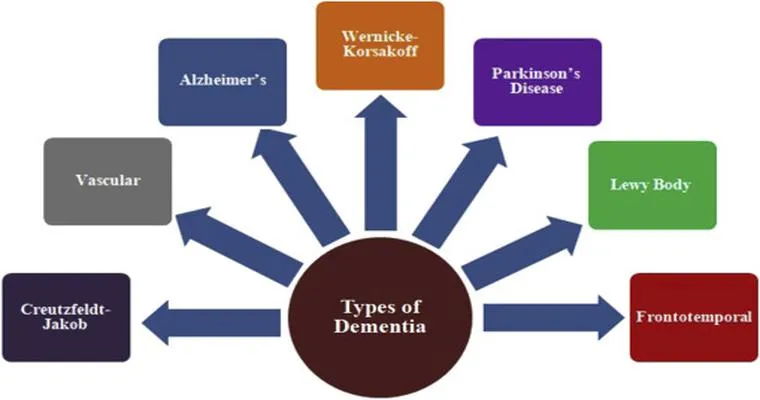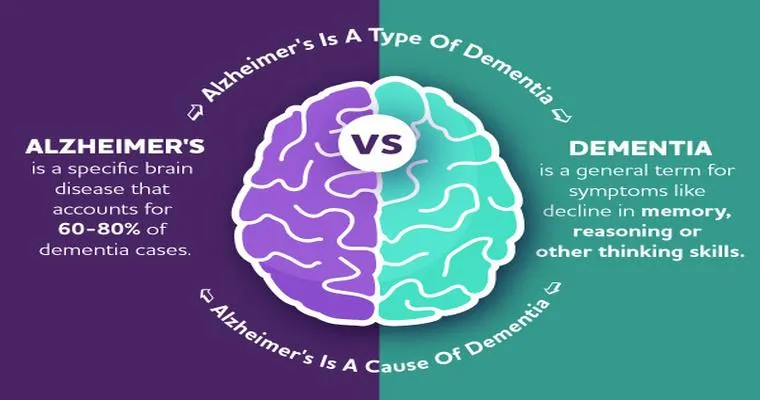Understanding "dementia behaviors" is crucial for caregivers, family members, and health professionals. As a complex neurological condition, dementia affects memory, cognitive function, and daily living activities. Many individuals with dementia exhibit a range of behaviors that can be challenging to interpret and manage. This article aims to shed light on common behaviors associated with dementia, the underlying reasons for these actions, and effective strategies for handling them.
Common Dementia Behaviors
Dementia can lead to a variety of behaviors that may seem puzzling or distressing. Some common "dementia behaviors" include:
1. "Memory Loss": Individuals may forget recent events, misplace items, or repeat questions.
2. "Confusion": People with dementia often have difficulty understanding time, place, and identity.
3. "Aggression or Agitation": Frustration and confusion can lead to outbursts or irritability.
4. "Wandering": A desire to explore familiar or unfamiliar environments can result in wandering off.
5. "Social Withdrawal": Those with dementia may isolate themselves due to embarrassment or confusion.
Understanding the Root Causes
To effectively address these "dementia behaviors", it is essential to understand their underlying causes. Many behaviors stem from a combination of cognitive impairment, environmental factors, and emotional responses. For instance, a person may act aggressively if they feel threatened or confused, while wandering may be a response to restlessness or an unmet need for stimulation.
Strategies for Managing Dementia Behaviors
Here are some effective strategies that can help caregivers manage challenging behaviors in individuals with dementia:
1. "Stay Calm and Patient": Responding with calmness can help de-escalate situations. It is essential to approach the person with empathy and understanding.
2. "Create a Safe Environment": Minimize clutter, reduce noise, and ensure that the space is familiar and comfortable. This can help prevent confusion and agitation.
3. "Establish a Routine": Consistent daily routines can provide a sense of security and predictability, which can reduce anxiety and improve behavior.
4. "Use Non-Verbal Communication": Sometimes words may not be understood. Gestures, facial expressions, and touch can convey comfort and reassurance.
5. "Engage in Meaningful Activities": Providing activities that are enjoyable and stimulating can reduce boredom and improve mood. Consider hobbies or tasks that the individual once enjoyed.
Seeking Professional Help
In some cases, behaviors may require professional intervention. Consulting with a healthcare provider or a specialist in dementia care can provide insights and tailored strategies. They may recommend therapies, medications, or support groups that can further assist both the individual and their caregivers.
Conclusion
Navigating "dementia behaviors" can be challenging, but understanding the reasons behind these actions can lead to more effective management. By employing strategies that focus on patience, communication, and creating a supportive environment, caregivers can improve the quality of life for individuals with dementia. Remember that every person is unique, and what works for one individual may not work for another. Continuous learning and adaptation are key to providing the best care possible.





